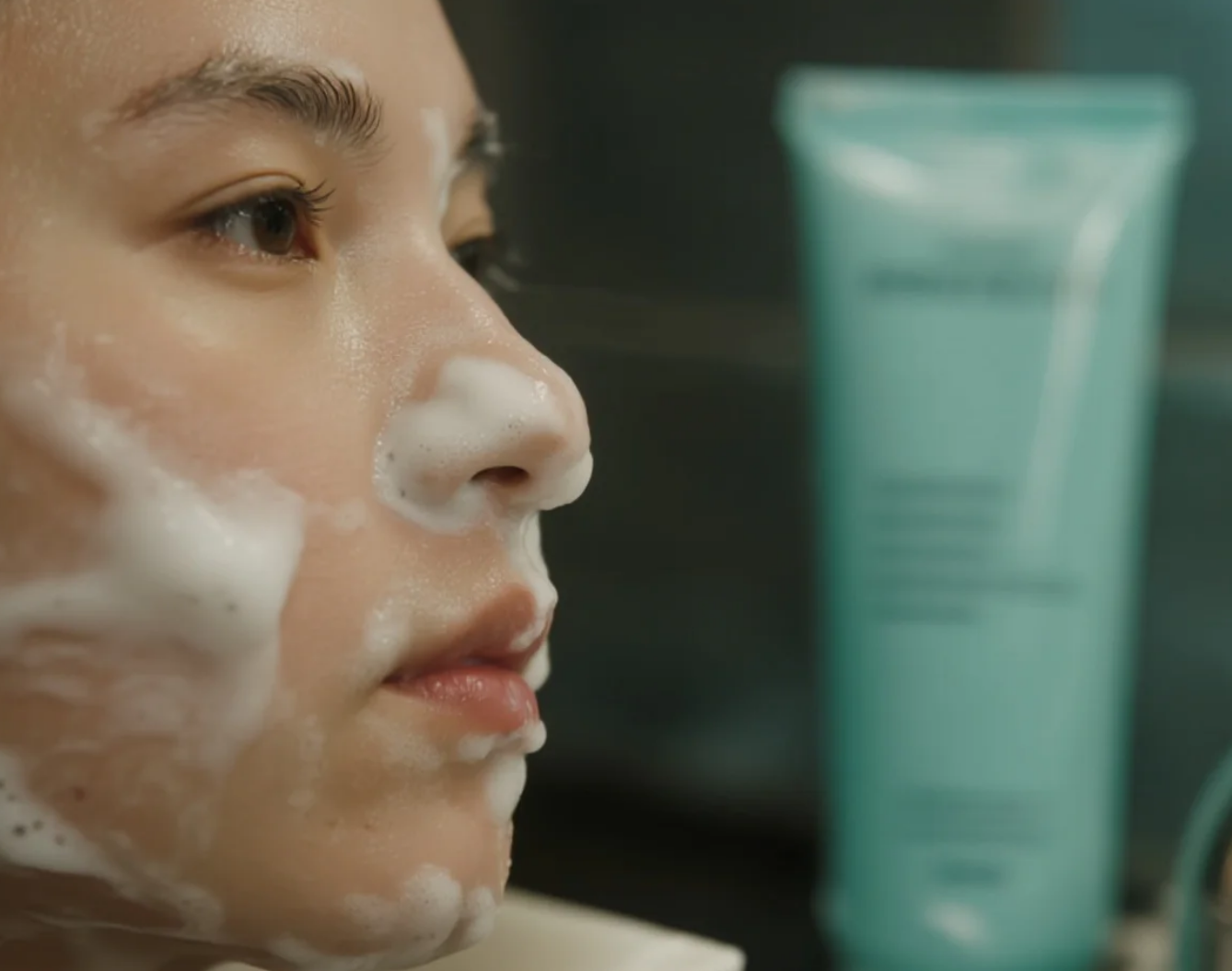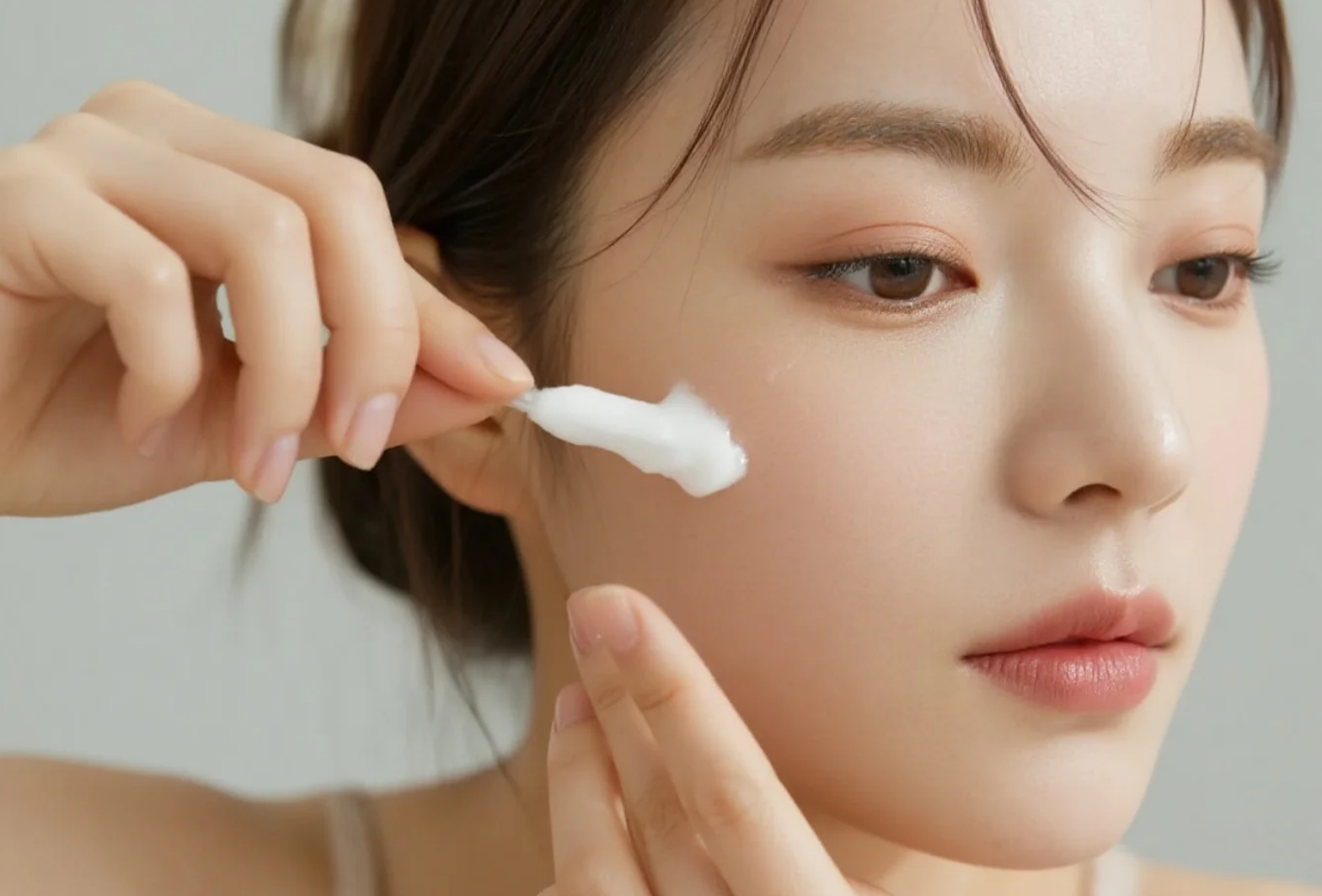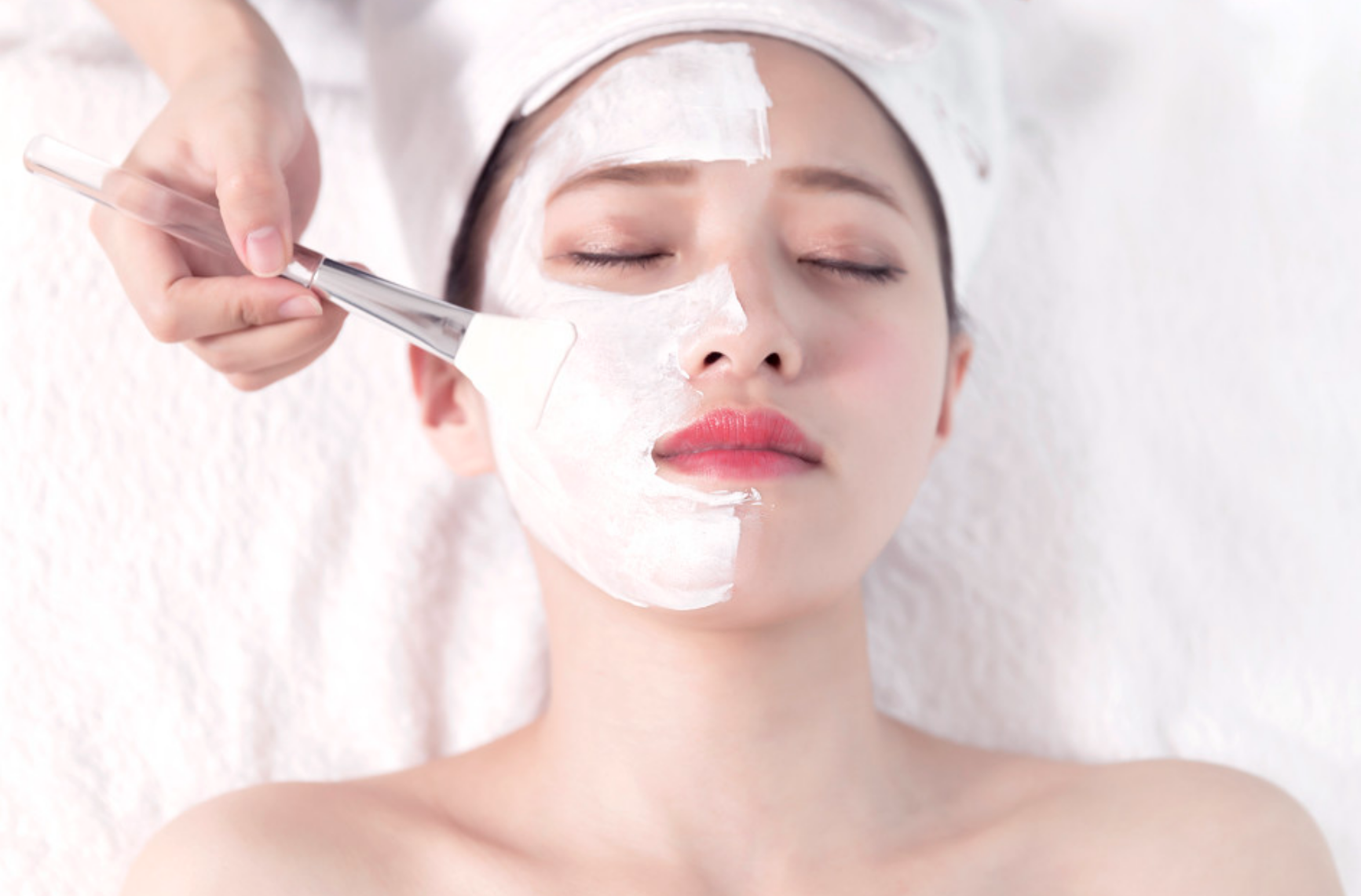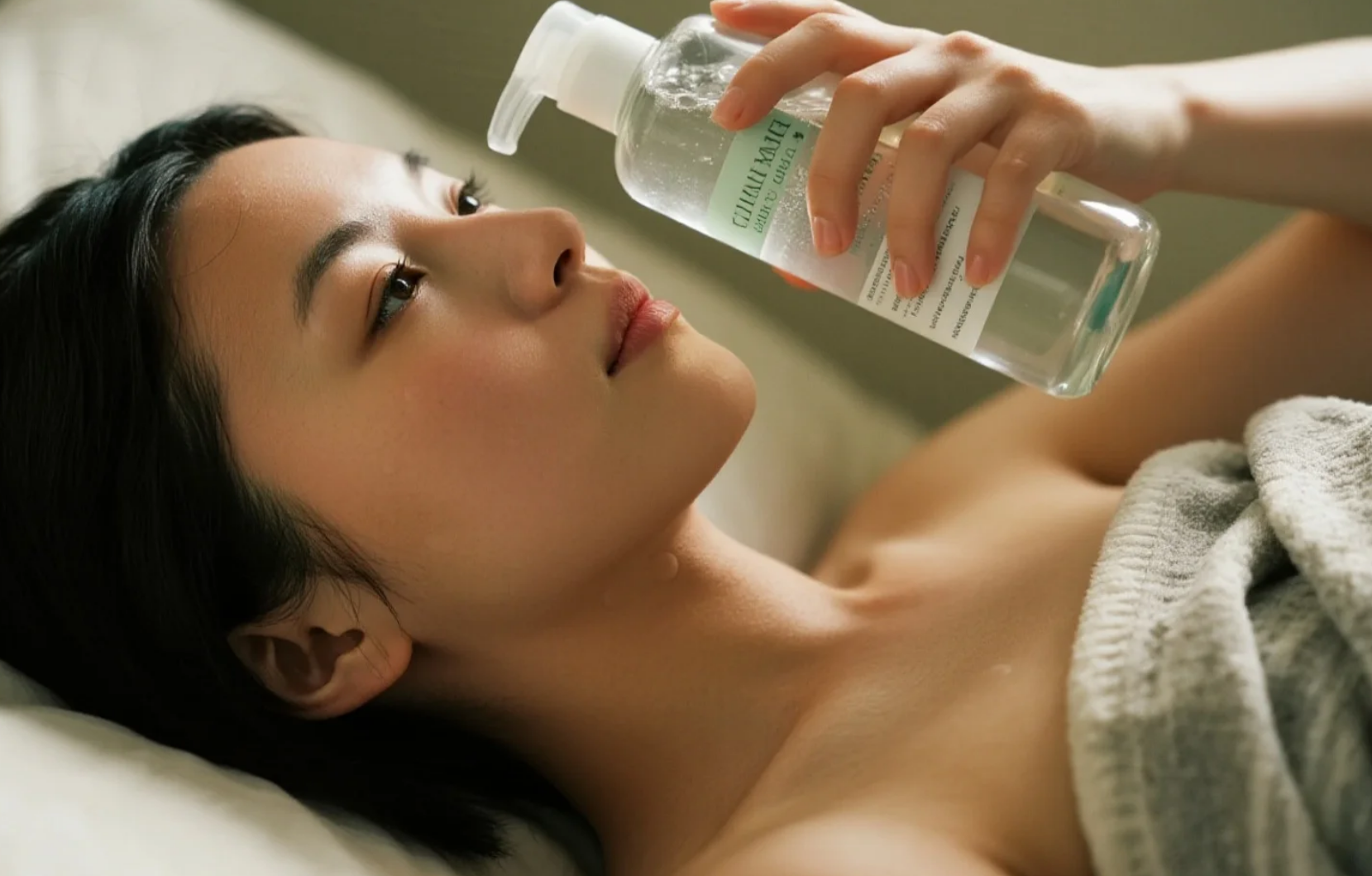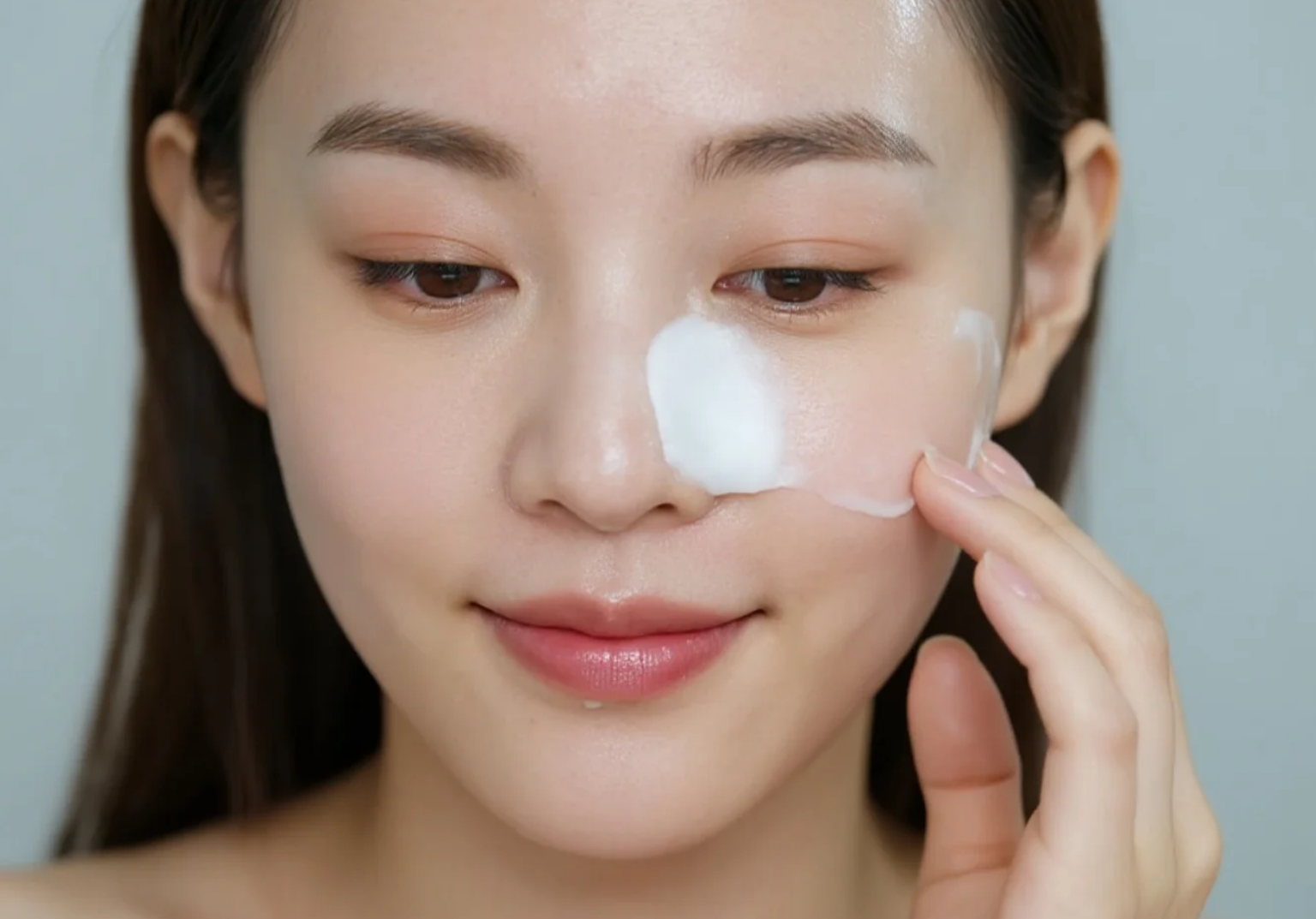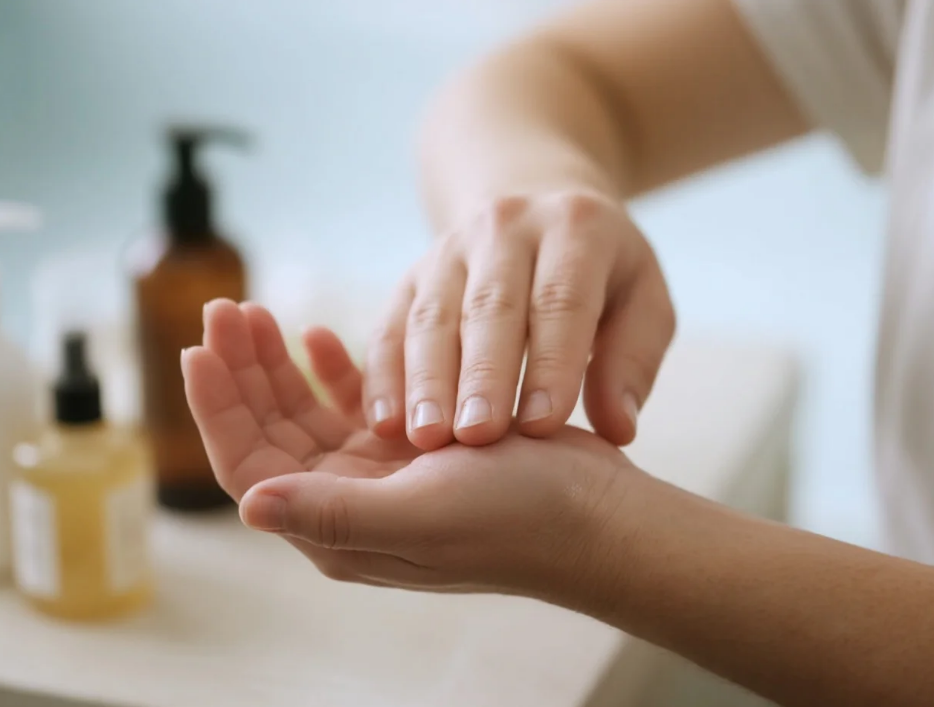Save sensitive skin in a week: these essential skincare steps are essential!
Only those who've experienced it understand the pain of sensitive skin—redness, stinging, dryness, burning sensations. Even the wrong skincare products can make your entire face feel like it's on fire. Worse still, incorrect skincare practices can exacerbate sensitivity and even lead to long-term damage to the skin barrier. But don't worry, mastering the right repair methods can significantly improve your skin in just a week! Today, we'll reveal the key steps to first-aid for sensitive skin and restore your skin to healthy, stable health.
The root cause of sensitive skin: Your skin barrier is compromised.
Many people believe sensitive skin is innate, but most sensitivity is actually caused by improper skincare. Over-cleansing, frequent exfoliation, overuse of harsh skincare products, even environmental stress and irregular sleep patterns can gradually break down the skin barrier. Healthy skin is like a solid wall: keratinocytes are the "bricks" and intercellular lipids (ceramides, cholesterol, and fatty acids) are the "cement." Together, they protect against external irritants and lock in moisture. When cracks appear in this barrier, external bacteria, pollutants, and UV rays can enter, accelerating the loss of moisture from within the skin, ultimately leading to a series of sensitive issues like redness, stinging, and dryness.
The key to repairing sensitive skin isn't to blindly use soothing masks or anti-inflammatory serums. Instead, it's to first stop the damage and then precisely repair it. For the next week, you need to strictly follow this skincare regimen to rebuild your skin barrier.
7-Day Emergency Plan: From "Fire Fighting" to "Rebuilding"
Days 1-3: Stop the Damage and Give Your Skin a Breath
The first step in repairing sensitive skin isn't to "add," but to "subtract." During these three days, completely eliminate all potentially irritating products, including those containing alcohol, fragrances, acids (such as glycolic acid and salicylic acid), retinol, and high concentrations of vitamin C. Your skincare routine should be minimalist:
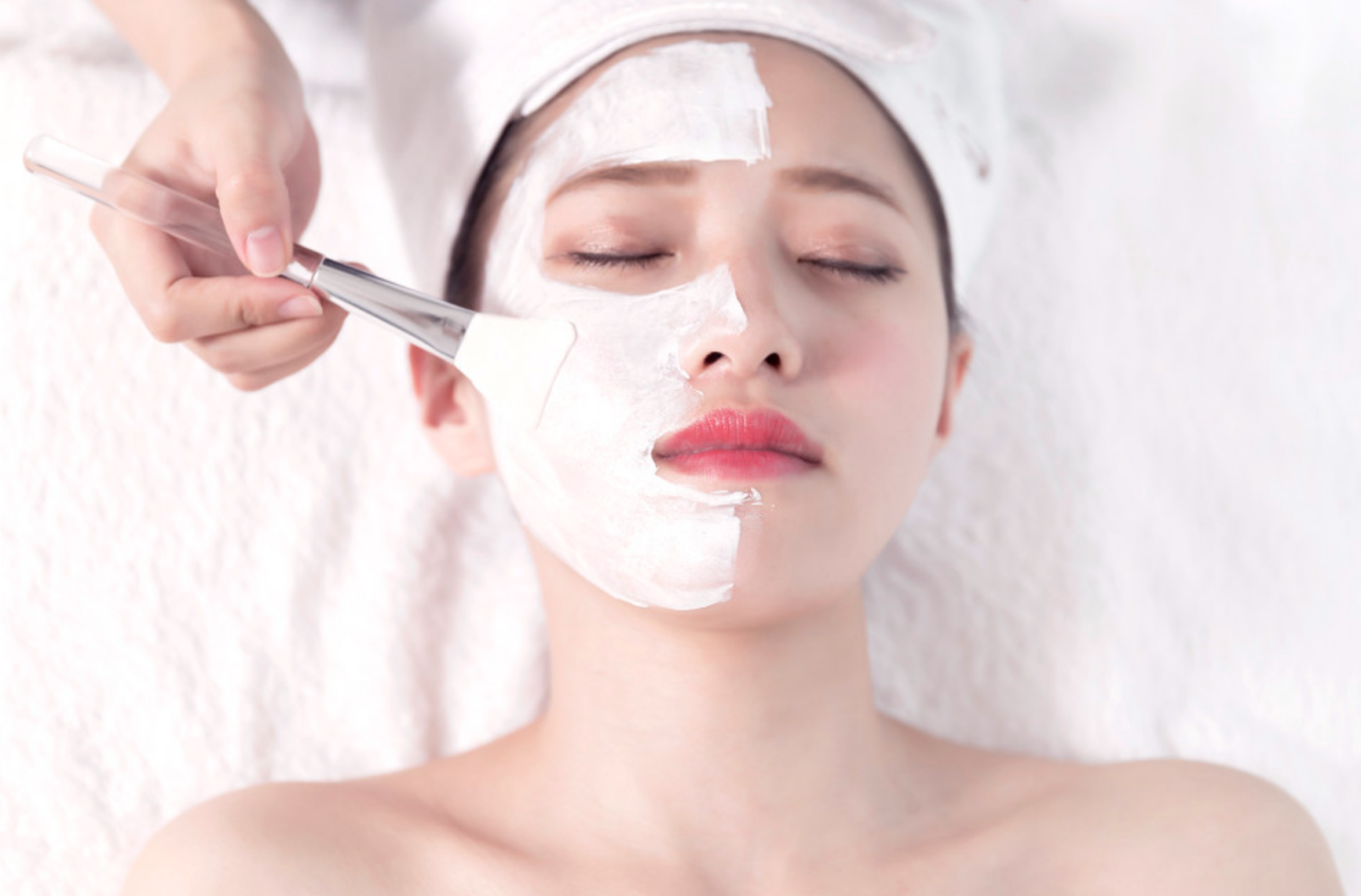 Gentle cleansing: Wash your face with plain water in the morning and use an amino acid cleanser (such as Curel Cleansing Foam) at night. Keep the water temperature between 32-35°C (104-120°F) to avoid alternating hot and cold water.
Gentle cleansing: Wash your face with plain water in the morning and use an amino acid cleanser (such as Curel Cleansing Foam) at night. Keep the water temperature between 32-35°C (104-120°F) to avoid alternating hot and cold water.
Soothing and Moisturizing: Immediately after cleansing, apply a repairing cream containing ceramides and squalane (such as CeraVe C-Emulsion) to lock in moisture and reduce transepidermal water loss.
Strict Sun Protection: Prefer physical sunscreens (such as Fancl sunscreen) to avoid the potential irritation of chemical sunscreens.
During these three days, your skin may experience some "withdrawal" symptoms, such as slight dryness or tightness, but don't worry; this is just your skin adjusting to the new skincare regimen. Persevere and you'll see improvements soon.
Days 4-7: Targeted Repair and Strengthening the Skin Barrier
After the first three days of the "withdrawal" period, your skin has stabilized, and now you can begin targeted repair.
Nighttime Repair: Layer a serum containing Centella Asiatica and B5 (panthenol) (such as La Roche-Posay B5 Serum) under your moisturizer to help soothe redness and promote barrier repair.
Moderate hydration: If your skin remains dry, apply a medical cooling compress (such as the Winona Soothing Mask) 2-3 times a week, but avoid overhydration (keep the mask on for no more than 15 minutes).
Antioxidant protection: During the day, add a low concentration of vitamin E or green tea extract to help your skin resist free radical damage and reduce the effects of external irritants.
By the seventh day, you should notice a significant reduction in redness and stinging, less tightness, and a more stable overall condition. However, this is just the beginning; true barrier repair takes 1-3 months, so ongoing care is essential.
Maintaining Sensitive Skin Long-Term: These Habits Must Be Maintained
Sunscreen is a Lifelong Journey: UV rays are the number one enemy of sensitive skin. Even on cloudy days, you should continue to use sunscreen, preferably physical sunscreen or hard sunscreen (hats, masks).
Don't change skincare products too frequently: Sensitive skin has a poor adaptability, and frequent product changes can easily cause irritation. Once you find a product that works for you, stick with it for at least 3 months.
Adjust your lifestyle: Staying up late, stress, and a high-sugar diet can exacerbate sensitivity. Ensure adequate sleep and consume foods rich in omega-3s (deep-sea fish, flaxseed) and antioxidants (blueberries, green tea).
Be cautious when trying functional products: Avoid using strong whitening or anti-aging products until your skin is fully stabilized. Once your barrier is healthy, gradually introduce low-concentration products to test your tolerance.
